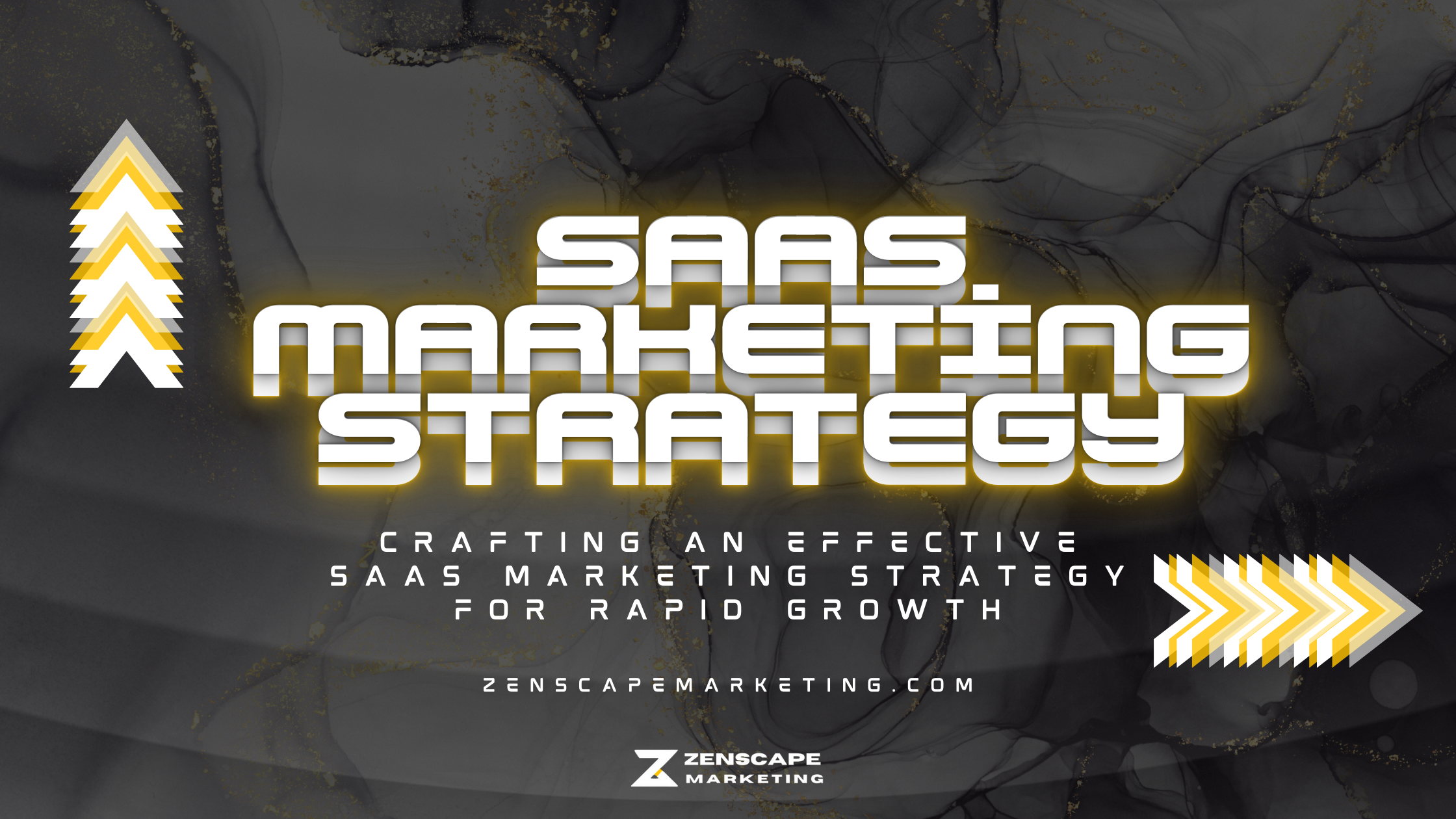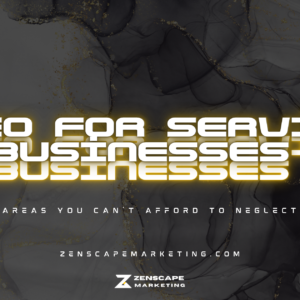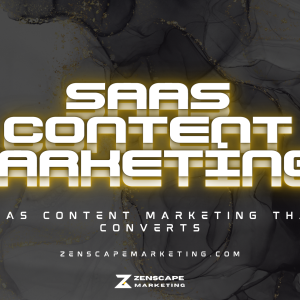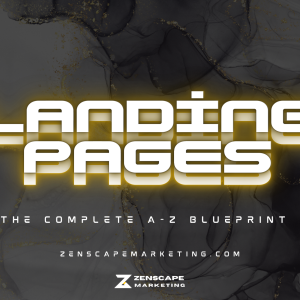SaaS (software as a service) has become one of the most popular business models in recent years. Delivering software over the cloud on a subscription basis offers many benefits for providers and users. However, launching a successful SaaS requires more than just developing the technology. An effective SaaS marketing strategy is essential for rapid growth and scaling a SaaS business. This article will provide an in-depth look at crafting a comprehensive SaaS marketing strategy to drive user acquisition, boost conversions, and accelerate expansion revenue. We’ll cover strategic planning, lead generation, content marketing, social media marketing, SEO, email marketing, partnerships, and more. Whether you’re just starting or looking to improve a SaaS marketing strategy, this guide will provide actionable tips to develop a high-impact plan explicitly tailored for SaaS products. With the right SaaS marketing strategy, your business can rapidly grow and compete with industry leaders.
Identify Your Target Audience
The first step in crafting your marketing strategy is clearly understanding who your ideal customers are through thorough market research. Assemble detailed buyer personas that outline your target audience’s demographics, interests, common pain points, and motivations. This allows you to tailor and optimize your messaging and positioning to appeal to the specific needs of your potential customers directly. Ensure your website copy, ads, social media, and content align with providing maximum value to your identified personas.
For example, a project management SaaS startup may determine through surveys that their ideal users are disorganized small business owners who waste too much time on administrative tasks and desire more straightforward solutions to keep teams productive. The marketing would then focus on easing paperwork and meetings for entrepreneurs.
Conduct user interviews, analyze your existing customer base, and examine competitors to gain insights when mapping your buyer personas.
Focus On Content Marketing
Content marketing entails creating and distributing valuable, relevant, consistent content to attract, engage, and retain a clearly defined target audience. For SaaS companies, content marketing should educate potential customers through blog posts, eBooks, whitepapers, case studies, webinars, and more. Ensure your content addresses your ideal users’ common pain points, questions, and interests.
For example, an analytics SaaS company could publish blog posts on how other startups have optimized conversions or drive growth through data-driven decisions.
All content should also be optimized for SEO with relevant keywords so it ranks highly in search engines and drives organic traffic to your site. Produce new blog content consistently, promote it across channels, and monitor engagement through Google Analytics.
Leverage Influencer Marketing
Influencer marketing centers around building relationships with industry leaders, experts, bloggers, brands, and social media mavens who can help share your SaaS brand with their audiences. Identify relevant influencers aligned with your target market and niche. Follow them on social media, interact with their content, and provide value to their communities.
Once you’ve established a connection, explore promotional opportunities with influencers, whether guest posting, giveaways, sponsored content, reviews, testimonials, or case studies. Even a simple tweet can amplify word-of-mouth marketing. This strategy helps establish credibility through third-party validation.
For example, a social media scheduling SaaS could partner with influencers in the digital marketing niche to access their followers.
Pay-Per-Click (PPC) Advertising
Pay-per-click (PPC) advertising entails promoting your SaaS product or service on search engines like Google and Bing and social media platforms like Facebook, Instagram, LinkedIn, and Quora. PPC allows your ads to appear prominently in search results and social feeds when users search for relevant keywords. This drives qualified website traffic from those actively looking for your solutions.
Make sure to A/B test different ad variations, continually optimize for conversions, and meticulously track analytics. Retargeting campaigns focused on bringing users back to your site also bolster results. PPC takes consistent management but provides a major competitive advantage.
For example, an HR SaaS could run Google Ads for keywords like “online employee management” and “HR software” to find buyers.
Email Marketing Automation
Email marketing remains an indispensable channel for lead generation, nurturing, and building relationships. Leverage email automation tools like MailChimp, Constant Contact, or ConvertKit to deliver personalized content recommendations, promotions, newsletters, and surveys to guide potential customers through your sales funnel.
Segment your lists based on user attributes and behavior to send targeted emails. For example, recent site visitors may receive different messages than those more profound in the funnel. Work towards developing relationships that build trust and increase retention.
According to Campaign Monitor, email generates $38 for every $1 spent, delivering the highest ROI of any marketing channel.
Utilize Social Media
Social platforms like Twitter, Facebook, LinkedIn, and Instagram allow SaaS brands to increase awareness, engage directly with customers, demonstrate expertise, promote content, and run ads. Maintain active social profiles, join relevant groups, post regularly, and respond to comments and conversations. Contests and social ad campaigns further extend reach.
For example, a design SaaS company could share tips, tutorials, and inspiration on Instagram and Facebook to attract artists and graphic designers.
Consistent social media presence helps establish credibility and authority in your niche. Listen for brand mentions and emerging trends as well.
Focus on Customer Success
Customer success and retention efforts are just as crucial as acquisition, mainly for SaaS businesses relying on recurring revenue. Providing white-glove onboarding, stellar support, in-depth training, and community fosters loyalty with existing users. This increases retention, upsell potential, referral traffic, and long-term growth.
SaaS platforms should also leverage in-app messaging and prompts to boost engagement. Collecting customer feedback through surveys and social listening also gives insights to improve churn rates and inform product updates. Delivering consistent value beyond the initial purchase is key.
Implementing this strategic marketing mix with a data-driven approach focused on testing and optimization will bolster the growth trajectory of any SaaS company. Over time, consistency, innovation, and iteration help build brand authority and market share. Remember to continually evolve your strategies based on insights into your target audience, market landscape, and competitors. With the right game plan, your SaaS can thrive amidst the competition.
Want help implementing a results-driven marketing strategy for your SaaS?
The marketing specialists at Zenscape Marketing offer holistic growth services tailored to SaaS companies. Our team can handle everything from branding and positioning to content creation, funnel optimization, advertising, email marketing, influencer partnerships, and more. We start by getting to know your business inside and out so we can build an effective strategy focused on your goals.
With our proven 20-20-20 compound growth framework, Zenscape Marketing has helped SaaS companies increase revenue by over 70% year-over-year by improving core business areas. We would love to explore how we can accelerate growth for your SaaS through strategic and data-driven marketing. Let’s connect for a free strategy session!






